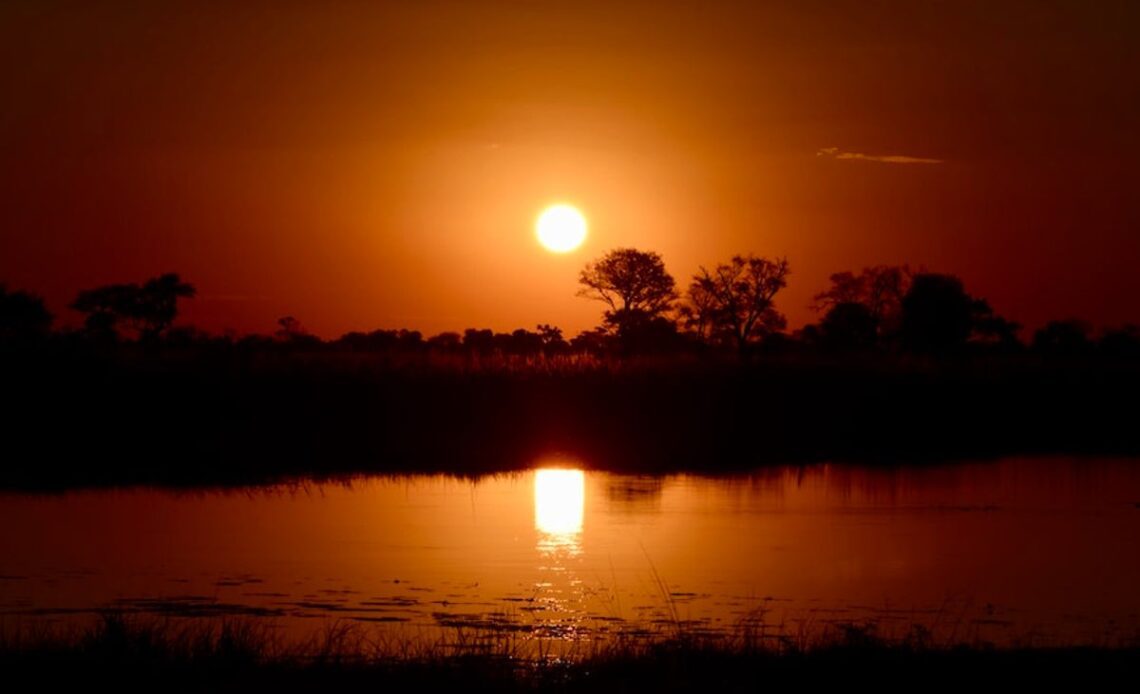By Boniface Keakabetse for Okavango Express
A resident of Shakawe village in Botswana’s Okavango Delta, Code Dibebe has been observing water flowing into the Okavango River for almost three months now.
Each time his fear is confirmed: the water is going to be low. Last year water flowing into the Okavango River was one of the lowest recorded in history, and from Dibebe’s observations the levels will be even lower this year around.
The Okavango River traverses three countries from its point of origin in Angola passing through Namibia into Botswana where it spreads itself into an inland wetland known as the Okavango Delta.
Taking to Facebook Dibebe expressed his frustrations with the low levels. On January 8, he posted: ‘Eastern Okavango Market. Dry Spell. No Sign of Flooding.’
On January 21, Dibebe followed with another post: “Worst year ever. Same position as of last year, the pontoon tree isn’t yet covered with water. The flood plains are still dry. Only the main channel received some water. April and May, the channel waters will be pushing back (drying up). 2022/23 is a strange year.”
Another post on 29 January read: “Snail pace. Will it reach Maun? Only time will tell.”
Dibebe, a resident of Shakawe, told The Okavango Express, “One way our elders can tell if we are going to have low floods is when jackalberry trees along the Okavango River produce lots of fruits. This year they are producing lots of fruit, so the talk is it will be a low flood.”
The nuts of the jackalberry trees, known locally as Mokhutshumo, are a delicacy in the Okavango region. The trees were in the olden days used by residents to curve the traditional canoes (Mokoro) used to traverse the delta. The practice has since stopped on conservation reasons after discovery that the practice was threatening the existence of these indigenous trees in the Okavango. Now all Mokoro used by the community and tourism sector are made from fibreglass.
Increasingly, many people living along the Okavango River whose livelihoods – as well as wildlife – are dependent on the river are worried about annual fluctuations in the flood patterns.
In 2022, water levels in the delta were one of the lowest recorded and this year signs point to a similar situation.
Although reasons for these fluctuations are blamed on seasonal flood patterns, some conservationists are growing…
Click Here to Read the Full Original Article at The Independent Travel…
